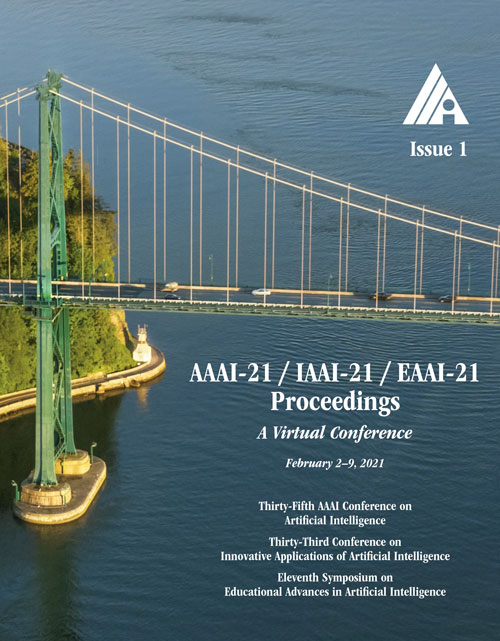Hierarchical Graph Convolution Network for Traffic Forecasting
DOI:
https://doi.org/10.1609/aaai.v35i1.16088Keywords:
TransportationAbstract
Traffic forecasting is attracting considerable interest due to its widespread application in intelligent transportation systems. Given the complex and dynamic traffic data, many methods focus on how to establish a spatial-temporal model to express the non-stationary traffic patterns. Recently, the latest Graph Convolution Network (GCN) has been introduced to learn spatial features while the time neural networks are used to learn temporal features. These GCN based methods obtain state-of-the-art performance. However, the current GCN based methods ignore the natural hierarchical structure of traffic systems which is composed of the micro layers of road networks and the macro layers of region networks, in which the nodes are obtained through pooling method and could include some hot traffic regions such as downtown and CBD etc., while the current GCN is only applied on the micro graph of road networks. In this paper, we propose a novel Hierarchical Graph Convolution Networks (HGCN) for traffic forecasting by operating on both the micro and macro traffic graphs. The proposed method is evaluated on two complex city traffic speed datasets. Compared to the latest GCN based methods like Graph WaveNet, the proposed HGCN gets higher traffic forecasting precision with lower computational cost.The website of the code is https://github.com/guokan987/HGCN.git.Downloads
Published
2021-05-18
How to Cite
Guo, K., Hu, Y., Sun, Y., Qian, S., Gao, J., & Yin, B. (2021). Hierarchical Graph Convolution Network for Traffic Forecasting. Proceedings of the AAAI Conference on Artificial Intelligence, 35(1), 151-159. https://doi.org/10.1609/aaai.v35i1.16088
Issue
Section
AAAI Technical Track on Application Domains

